We’ll never tire of talking about the value of travelling off-peak, it truly is the unsung (or in our case very much sung) hero of sustainable travel. We spent the weekend at the Destinations Travel Show, where we spoke to so many of you about our holidays and sustainable travel. Something we really noticed was how much the value of off-peak travel is being recognised, with some of you telling us you want to travel off-peak before we even mention it! Truly music to our ears. We wanted to take a moment to really hammer home what the perks and problems of travelling off peak are, why you should do it and why you should shame those who don’t (we’re joking of course…).
On all our destinations we talk about peak, shoulder and low season, so you always have a helpful reference point for when to travel. Of course there are occasions when travelling off-peak isn’t really an option, like for going to certain festivals or to see some natural phenomena – but, we’re here to talk about when you can travel off-peak. There are also some, for lack of a better word ‘problems’ with travelling off peak that we’d like to go through as well.
Avoiding crowds in the shoulder season
One thing that not only locals but also tourists struggle with is overcrowding during the peak season. That might look like hundreds of people pushed against each other at a cultural site, not being able to book any restaurants or activities because they’re so full or even struggling to book flights or hotels. The trouble with everyone wanting to travel at the same time is that inevitably it makes life difficult for the locals and makes your trip less enjoyable. This is where the shoulder season comes in. The shoulder season is the shorter period between the peak and low seasons where you still get a few tourists, and the weather might be a little cooler. Let’s take Thailand for example, if you travel in the shoulder season you’ll see the prices for things drop as the main bulk of tourists leave, the plants burst into life as they enjoy a couple hours of rainfall each day and you’re able to get a seat at that restaurant everyone has been talking about.
So, if overcrowding doesn’t really sound like your kind of thing, then dig a little deeper and check out what the destination is like out of peak season, because more often than not, the shoulder season is the perfect time to travel.
Social sustainability and seasonal income dispersal
At Not in the Guidebooks we really believe in and take a holistic approach to being more sustainable. It isn’t just the environment (though of course that is a key part) but it is also social sustainability that needs to be considered. So, what happens to local communities when everyone travels at the same time every year, especially for communities that rely on tourism for a large part of their income.
Take the Maldives, for example, where foreign tourism contributes approximately 30% of the annual GDP. With a distinct peak season running from December to April, the majority of this tourism revenue is concentrated within just five months of the year. This seasonal concentration particularly affects small, independent businesses, which struggle with income instability during the off-peak months. One solution lies with more responsible tourism practices – specifically, considering travel during off-peak seasons to help distribute tourism income more evenly throughout the year. This is true to lesser and greater extents wherever you travel, and of course if you really have to travel at peak time then be extra considerate of where you spend your money. Always opt for locally run restaurants, hotels and activities where possible to ensure that your money is going back into the community.
Experience countries in a unique, off peak way
One of our favourite things about off-peak travel is being able to experience a destination in a way that the majority of people don’t get to. We often refer to the off-peak season as the ‘green season’, and indeed so do a lot of the locals who live in these communities (in Costa Rica they often refer to it as ‘Temporada Verde’). Taking Costa Rica as the example here, during the green season there is about 2 hours of rain each day (really not a lot when you think about how much of an impact it has on tourism). Those 2 hours of rain allow the plant life to explode with life, the wildlife is more active and overall the country is just a truly beautiful place. And it really cannot be stressed enough how relatively little rain there is, it’s not like the UK in autumn, statistically speaking it will likely still be warm and sunny for the majority of your stay.
So, if you’re interested in really getting under the skin of a destination and experiencing it in a unique and authentic way, then travelling in the green season is definitely an easy way to do just that. You’ll be able to see the natural environment at its finest and learn so much more about the local communities.
It’s cheaper for you!
Now for what we think might be the biggest pro of travelling off-peak, and that is that everything is cheaper! Naturally as demand for services like restaurants, hotels and activities goes up with demand in peak season, it then comes down again out of peak season. This means that you’re able to get so much more for your money when you visit off-season. You can save anywhere from 20% to as much as 60% when you travel off peak. That includes cheaper flights too, which can be very pricey when you’re travelling to long haul destinations.
When you’re saving money by travelling off-peak, you will then have so much more money to spend on the parts of your trip that really matter to you. You can afford to go out to eat more often, do those activities that might be too costly in peak season. It really only gets better when everything is cheaper, which is why we love travelling out of peak season.
So, whether its experiencing a unique environment, avoiding the crowds, supporting local communities or just saving a bit of money, there is so much value in travelling off peak. Our itineraries are designed to ensure you get the most out of your trip. By working with local hosts they will know exactly what to do and when to do it, since they do do it! Responsible travel isn’t about sacrifice, it’s about creating a better world for everyone.




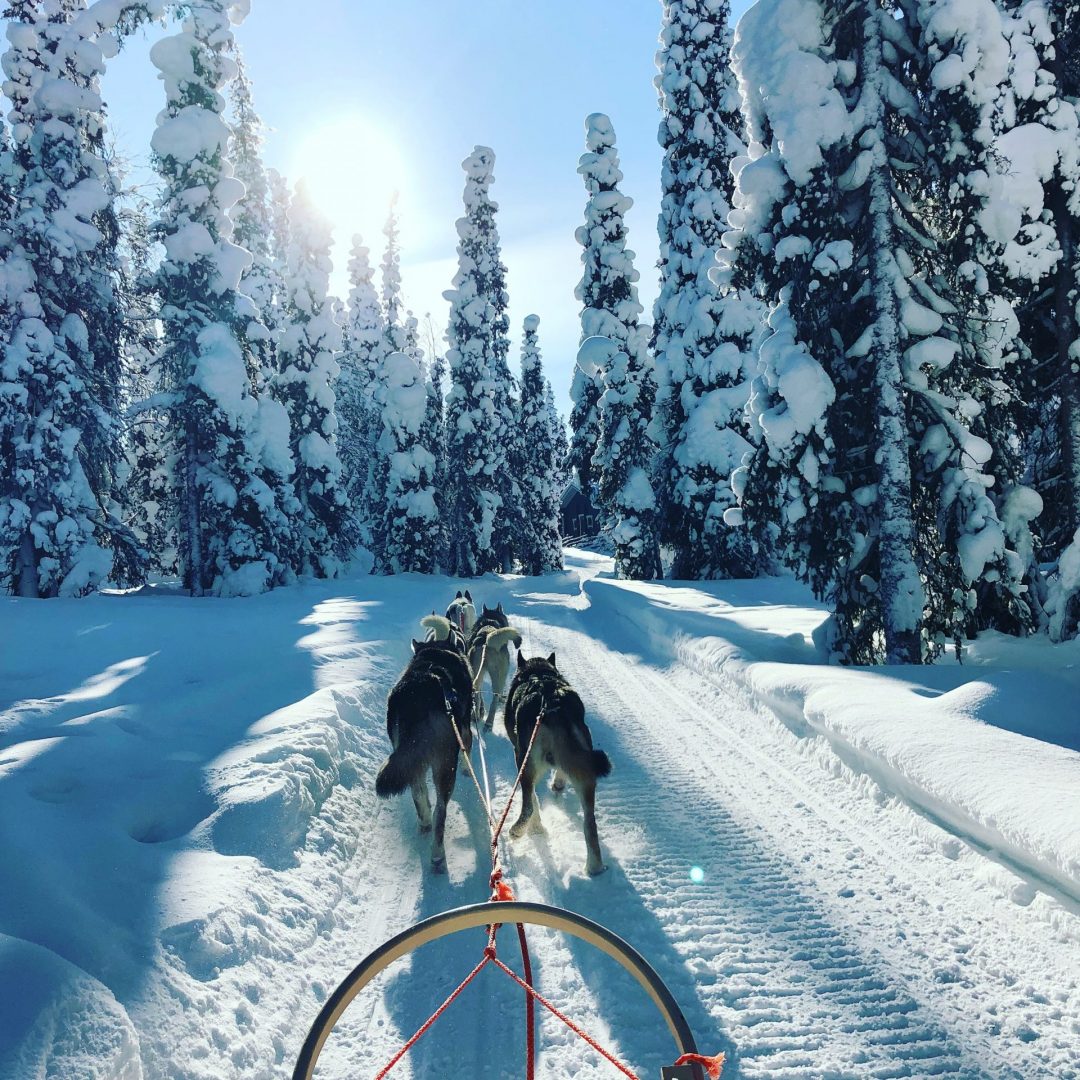
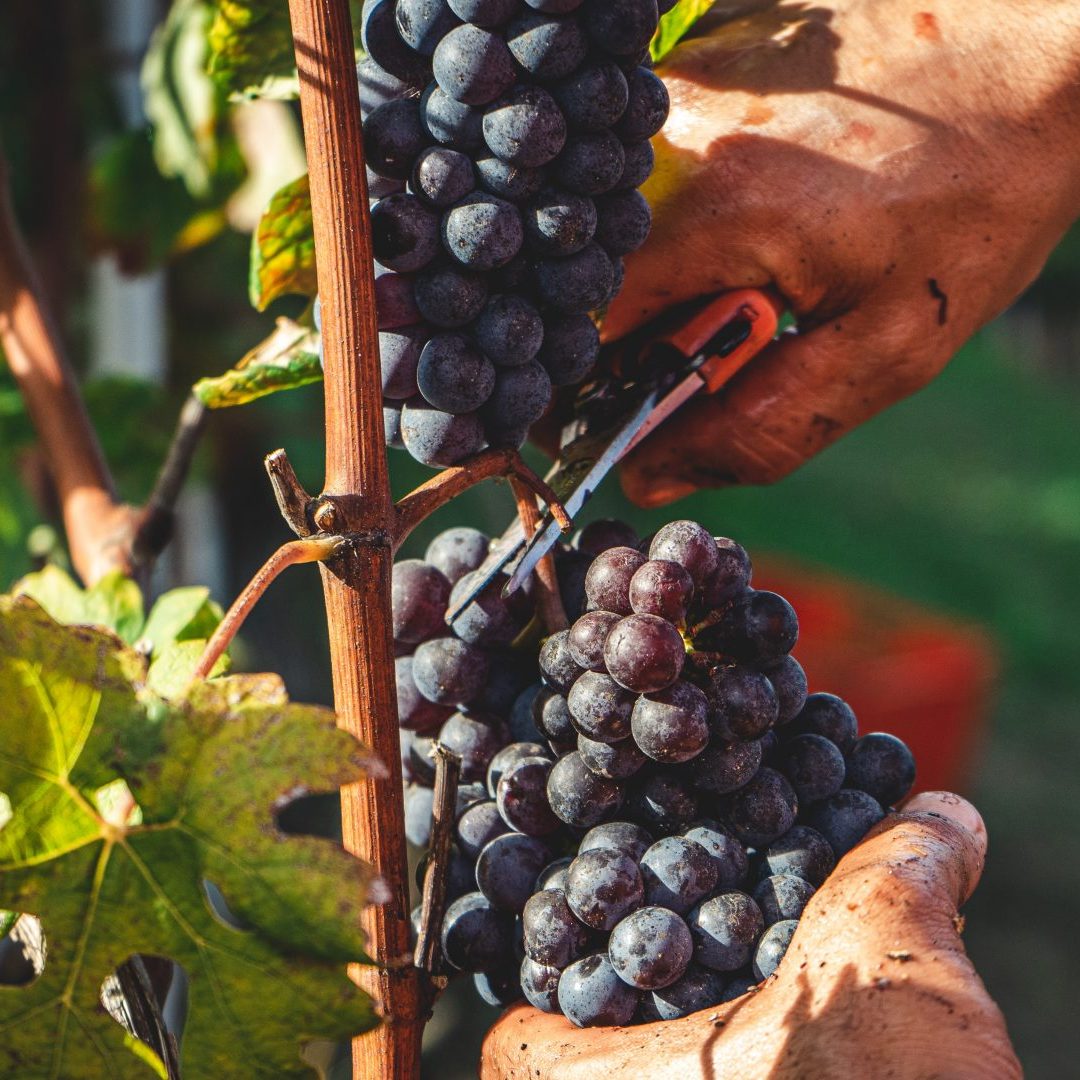
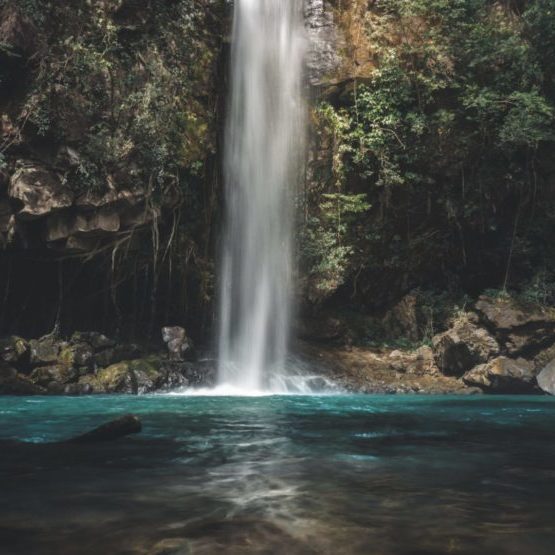
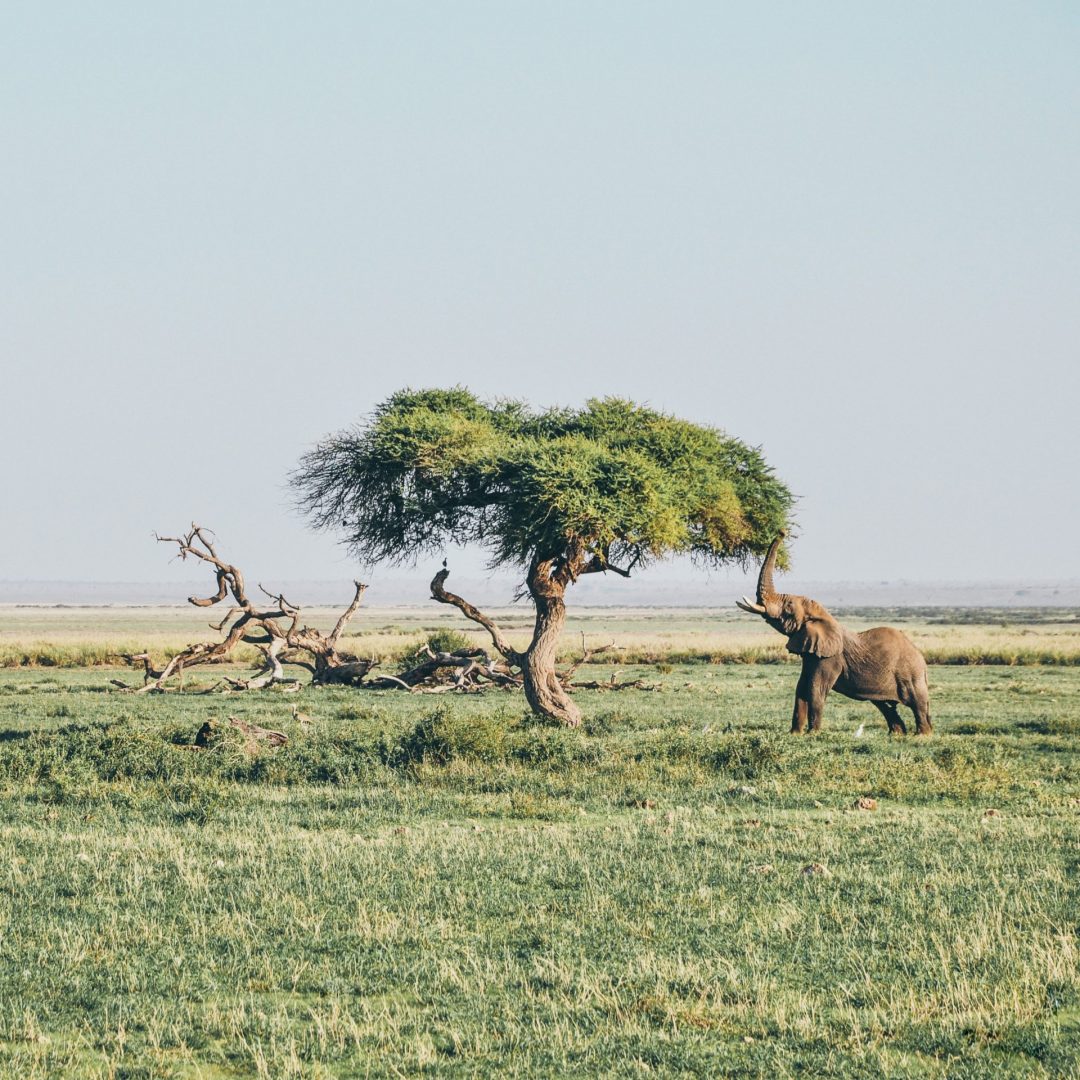
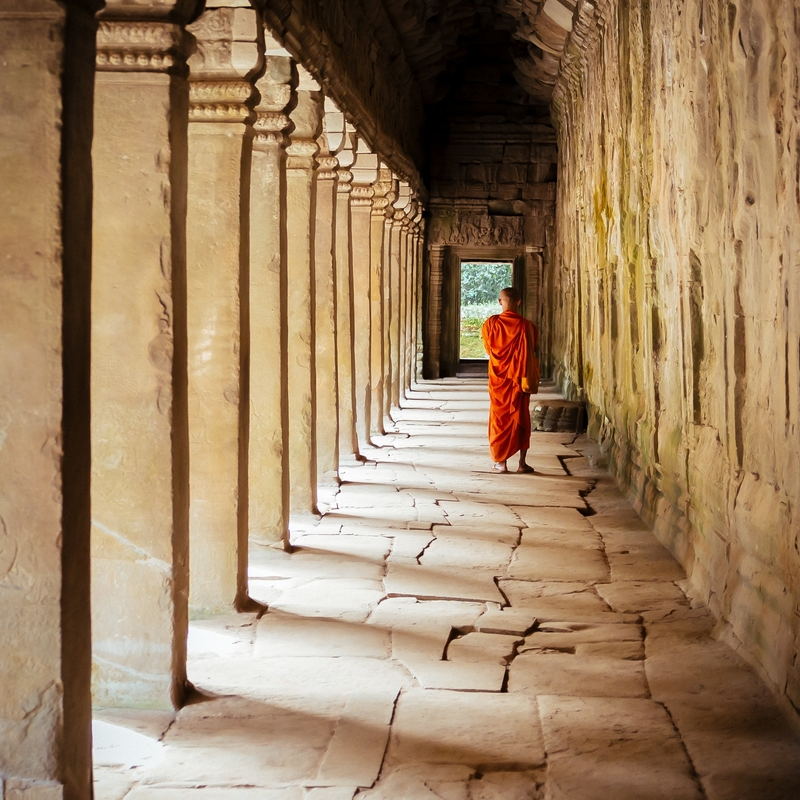
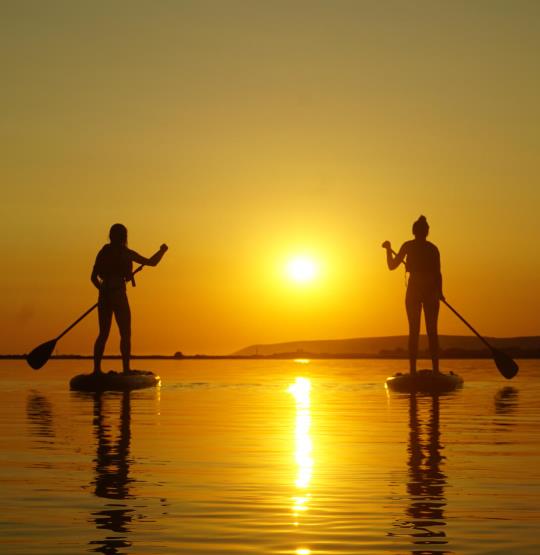
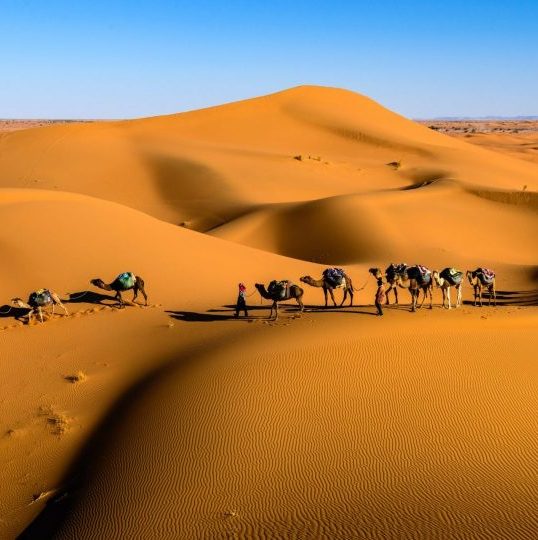
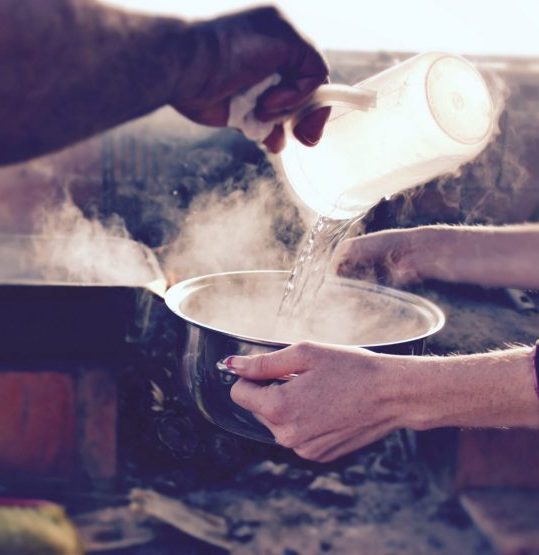
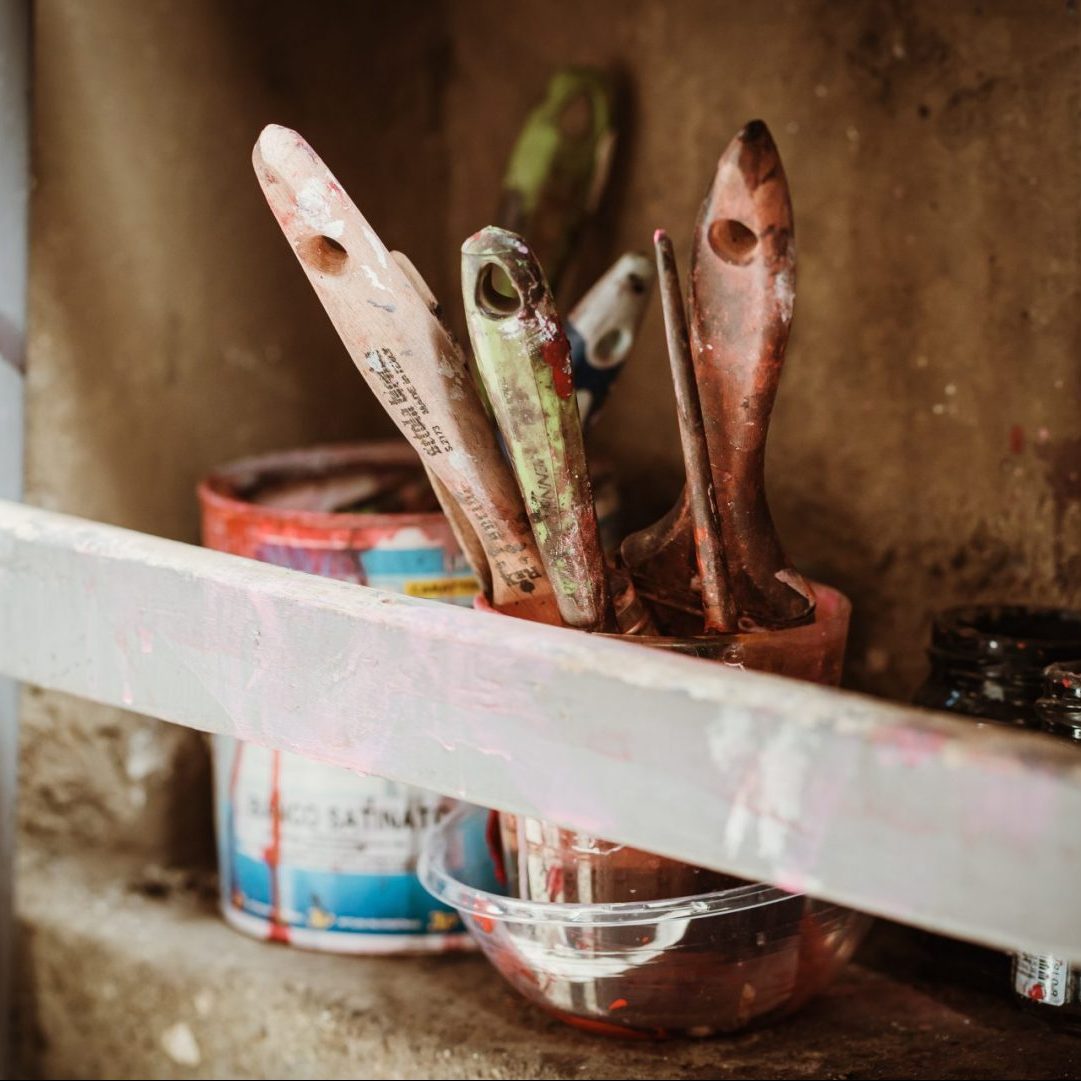
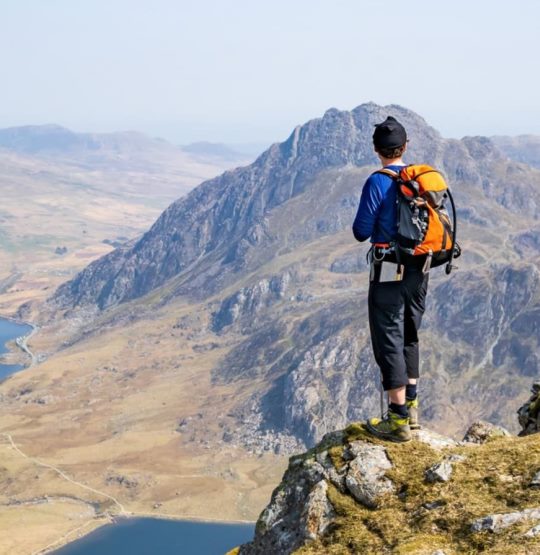
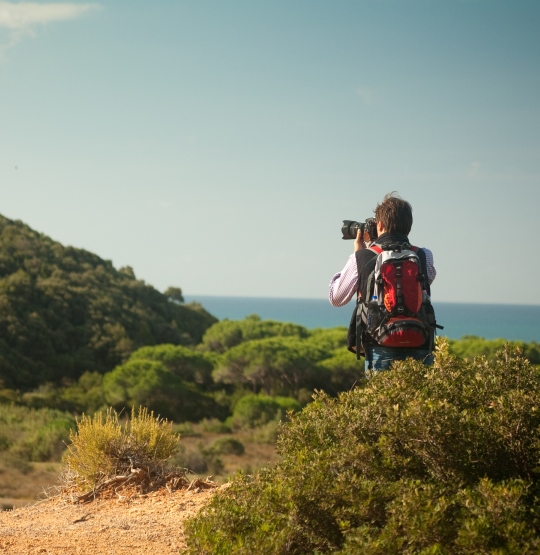
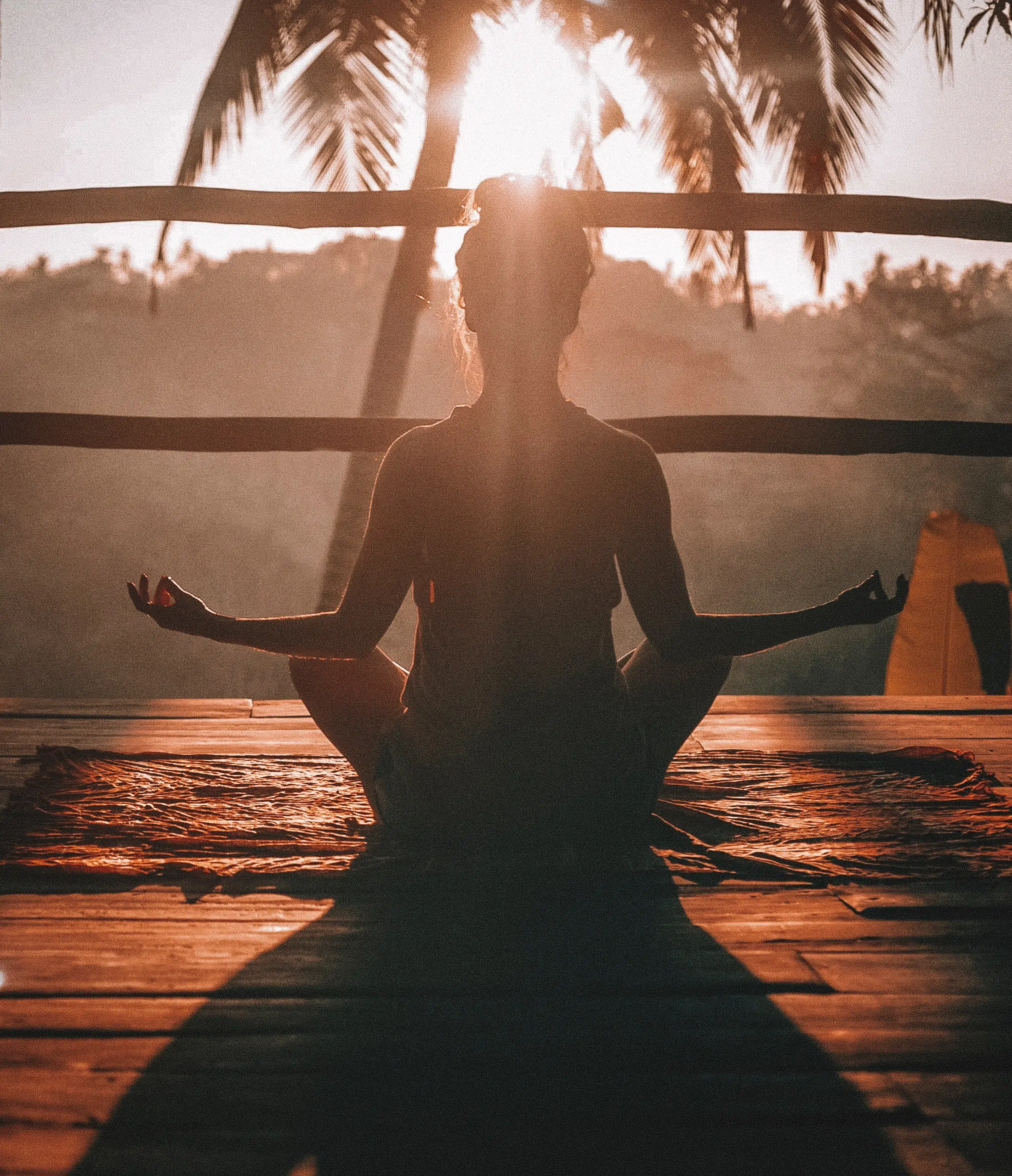
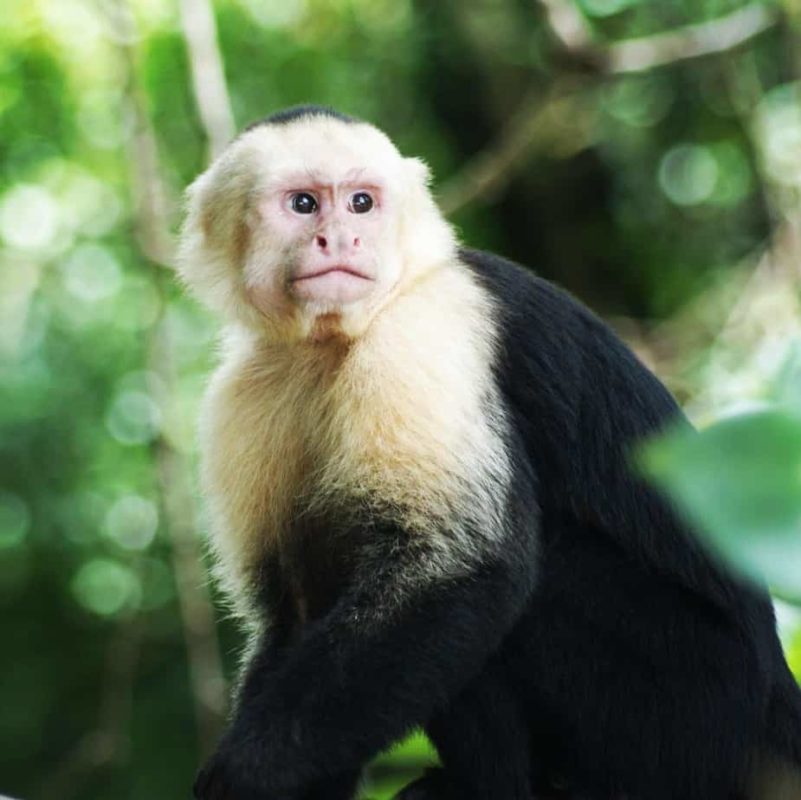
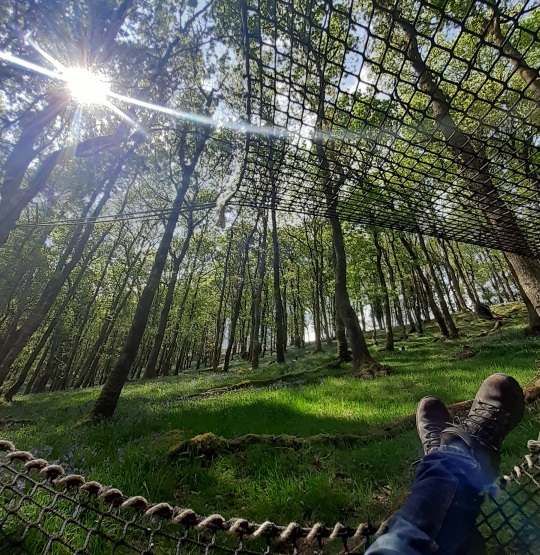





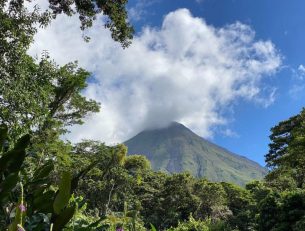
 Costa Rica
Costa Rica 











